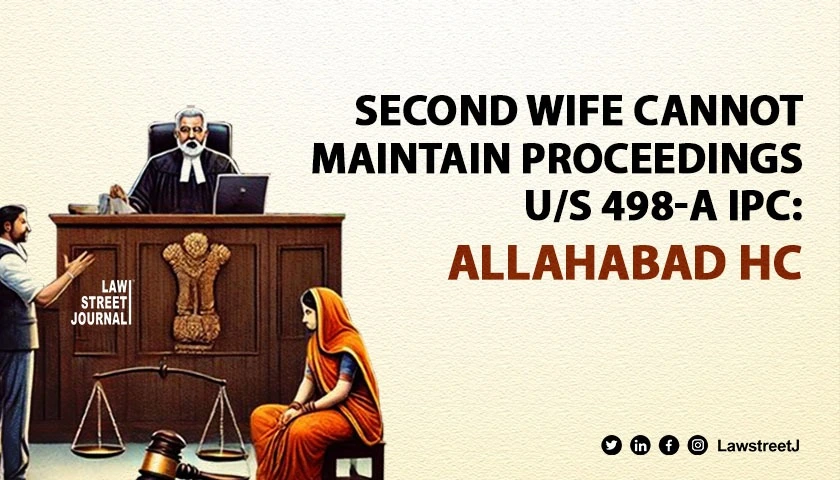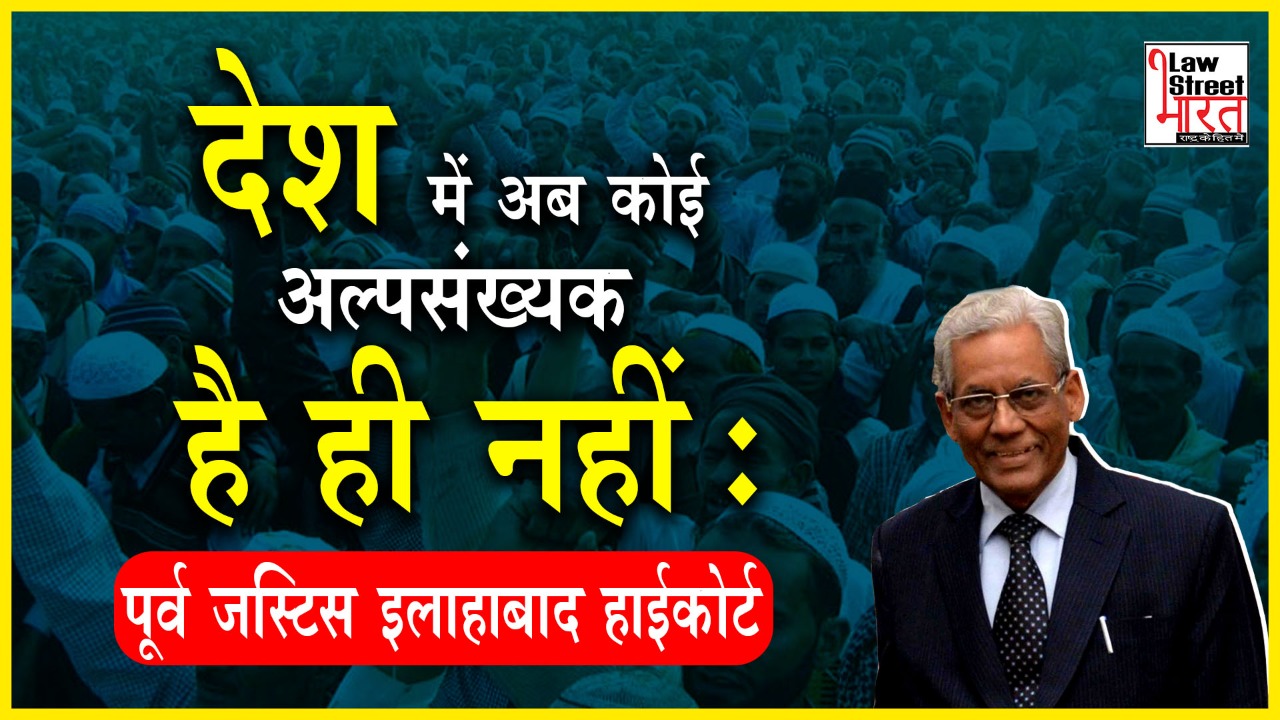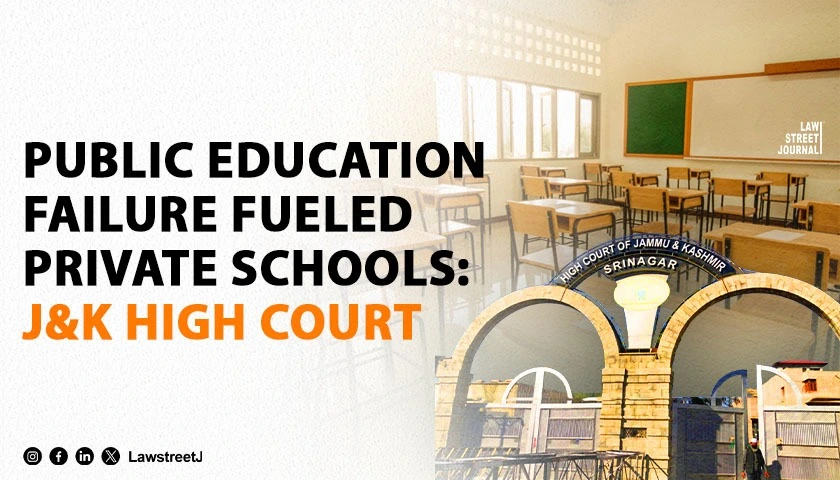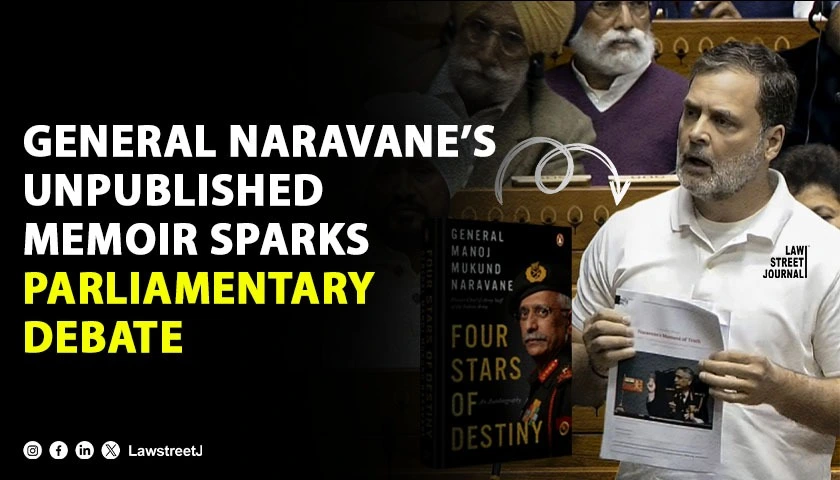Allahabad: The Allahabad High Court has delivered a significant judgment reaffirming that proceedings under Section 498-A of the Indian Penal Code (IPC), which deals with the offence of cruelty against a woman by her husband or his relatives, are not maintainable when filed by a second wife. Justice Anish Kumar Gupta, while quashing criminal proceedings in a case, made important observations on the legal validity of such complaints.
Section 498-A IPC Not Applicable to Second Marriages Declared Void by Law, Rules Allahabad High Court
The court addressed a case where a woman, who was admittedly the second wife of the accused, had filed a complaint under Section 498-A IPC and the Dowry Prohibition Act. The court noted, “Since, from the facts, it is admitted that the opposite party no. 2 is the second wife of the applicant herein, she is not competent to maintain the proceedings against the applicant for offences under Section 498-A IPC.”
Court Quashes Criminal Proceedings, Cites Supreme Court Judgments on Validity of Second Wife’s Complaints
Addressing the legal framework, the court observed, “Since the marriage of applicant no. 1 and opposite party no. 2 was a nullity, the provisions of Section 498-A IPC would not be applicable.” The court emphasized prior Supreme Court rulings, stating, “The aforesaid view is fully supported by the law laid down by the Hon’ble Apex Court in Shivcharan Lal Verma v. State of M.P., (2007) 15 SCC 369. The view taken in Shivcharan Lal Verma has also been reiterated by the Apex Court in P. Shivakumar and others vs. State, Criminal Appeal Nos. 1404-1405 of 2012.”
Based on this legal position, the court quashed the proceedings under Section 498-A IPC. The court also examined the applicability of the Dowry Prohibition Act, noting, “From the plain reading of the aforesaid provision, dowry means any property or valuable security given or ‘agreed to be given’ in connection with the marriage of the parties.” The court found that, in this case, the allegations did not meet the criteria for offences under the Dowry Prohibition Act.
The court further addressed other charges in the complaint, stating, “As for the allegations of harassment and torture, it is relevant to note that there is no specific allegation, only general and vague claims made by opposite party no. 2, without specifying who actually assaulted her and when. Therefore, in the court’s considered opinion, offences under Sections 323, 504, and 506 IPC are also not applicable in this case.”
[Read Order]




!["No Loudspeakers For Azan, No Fundamental Right To Create Noise," Says Allahabad HC To Two Mosques [Read Judgment]](/secure/uploads/2020/01/lj_4995_Allahabad_HC_AZAN.jpg)






